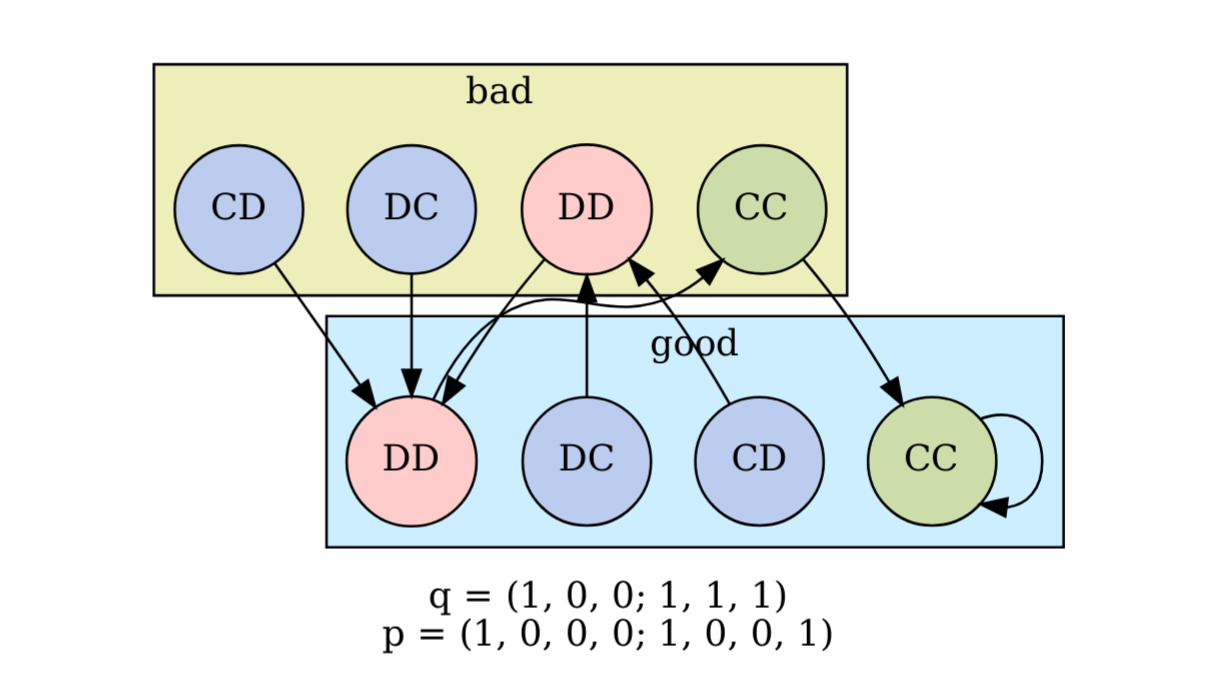Signaling Design https://d.repec.org/n?u=RePEc:arx:papers:2502.02328&r=&r=des
"… in the unique equilibrium in our setting, a profit-seeking monopolist school offers an uninformative #signaling technology, generating the same signal regardless of effort, and capture all the surplus in terms of fees. In this case, the separating equilibrium envisaged in #Spence (1973) vanishes, and no wasteful effort is exerted! Competition among schools affects both the total surplus produced and its distribution: competition in fees allows students to retain a higher share of the total surplus … competition to attract high types induces schools to offer more informative monitoring policies, incentivizing higher levels of wasteful effort.
… one equilibrium outcome stands out for its robustness: full separation, yielding the Riley outcome—low-type students exert no effort and high-type students exert the lowest effort that low-types are unwilling to emulate. Thus, compared to the #monopoly case, #competition shifts surplus from the school to high-type students and entails efficiency losses due to socially wasteful effort in equilibrium. The critical driver of this result is the high-type students’ willingness to pay to access a monitoring policy that enables them to better distinguish themselves from low-type students and thus obtain higher #wages."
#GameTheory






